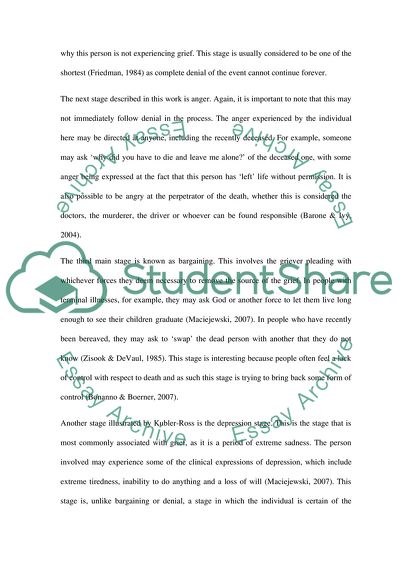Cite this document
(Bereavement and 9/11: Phone Calls from the Towers Movie Review, n.d.)
Bereavement and 9/11: Phone Calls from the Towers Movie Review. https://studentshare.org/psychology/1752582-2000-word-review-on-a-film
Bereavement and 9/11: Phone Calls from the Towers Movie Review. https://studentshare.org/psychology/1752582-2000-word-review-on-a-film
(Bereavement and 9/11: Phone Calls from the Towers Movie Review)
Bereavement and 9/11: Phone Calls from the Towers Movie Review. https://studentshare.org/psychology/1752582-2000-word-review-on-a-film.
Bereavement and 9/11: Phone Calls from the Towers Movie Review. https://studentshare.org/psychology/1752582-2000-word-review-on-a-film.
“Bereavement and 9/11: Phone Calls from the Towers Movie Review”. https://studentshare.org/psychology/1752582-2000-word-review-on-a-film.


